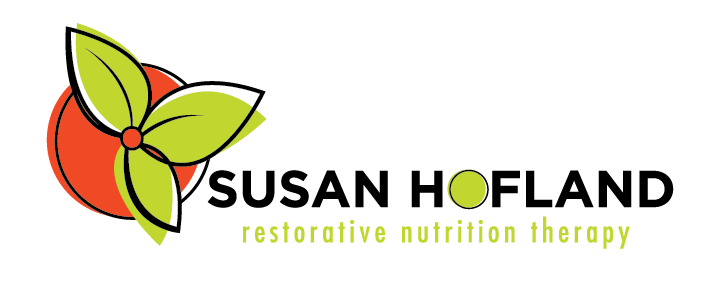Chronic Fatigue: How to Stop It With Nutrition
A nutritional guide to overcoming chronic fatigue
What is “Chronic Fatigue Syndrome” (CFS)?
Often, people often think about what is this chronic fatigue syndrome. Before jumping to conclusions, know that CFS is not an ordinary fatigue caused by intense physical activity. Rather, it is a form of prolonged fatigue that requires a significant holistic program to recover from.
What are the causes of CFS?
CFS can be caused by many factors, the combination of which can lead to greater severity of discomfort. Etiological factors may be of viral origin, bacterial or yeast proliferation, adrenal fatigue, consumption of food allergens, overload of the nervous system, severe stress and inflammation. CFS can be further aggravated by common nutritional deficiencies, hypoglycemia, chemical toxicity of food and low neurochemistry.
Can Chronic Fatigue Syndrome Be Treated?
The answer is yes! Good results are achieved in the “treatment” of CFS through nutrition. There are no two identical people so there can not be a single nutritional program for everyone. However, you can create a program that will work for you, with the help of nutritional tests and a qualified nutritionist. In addition, it is important to complete your program with massages, rest, healthy relationships and daily exercise.
The Top 5 Nutrition Tips for Fighting CFS
1. Reduce sugar in general and refined sugars in particular.
2. Eliminate food allergens. The most common are wheat (gluten), soy and casein in dairy products. It is also found in corn and eggs. You can do a test to know your allergies, you can begin to integrate into your diet allergens probiotics to help you fight against food hypersensitivity.
3. Eat animal protein. Ideally choose organic animal proteins to support your immune system, the adrenal glands and neurochemistry, which depend on proteins for their normal function. For example, poultry, shrimp, fish, eggs and beef.
4. Eat raw foods. Raw foods contain essential enzymes and are usually rich in vitamins and minerals. Eat fresh and raw fruits, vegetables and nuts / seeds every two hours, plus daily fermented foods. Also think of dairy products, fish and meat to increase your “number of enzymes”.
5. Hydrate yourself. You must have fluids to help the circulation to carry oxygen to your cells. Drink mineralized water, at least 8 glasses a day. Green tea, herbal tea, water with hot lemon and fresh fruit juices are also excellent.
Sample daily menu
At breakfast – Papaya or pineapple, herbal tea or green tea
Lunch – Protein and whey smoothie
Mid-morning – 1 boiled egg or apple with macadamia butter
Lunch – Large colorful salad with Protein and Olive Oil
Snack – Fresh Vegetables and Guacamole or Protein Bar
Dinner – Shrimps Sautéed with Broccoli and Brown Rice, Season with Coconut Milk and Sesame Seeds
Dessert / Snack – Fresh Fruit Cup or iced coconut milk


